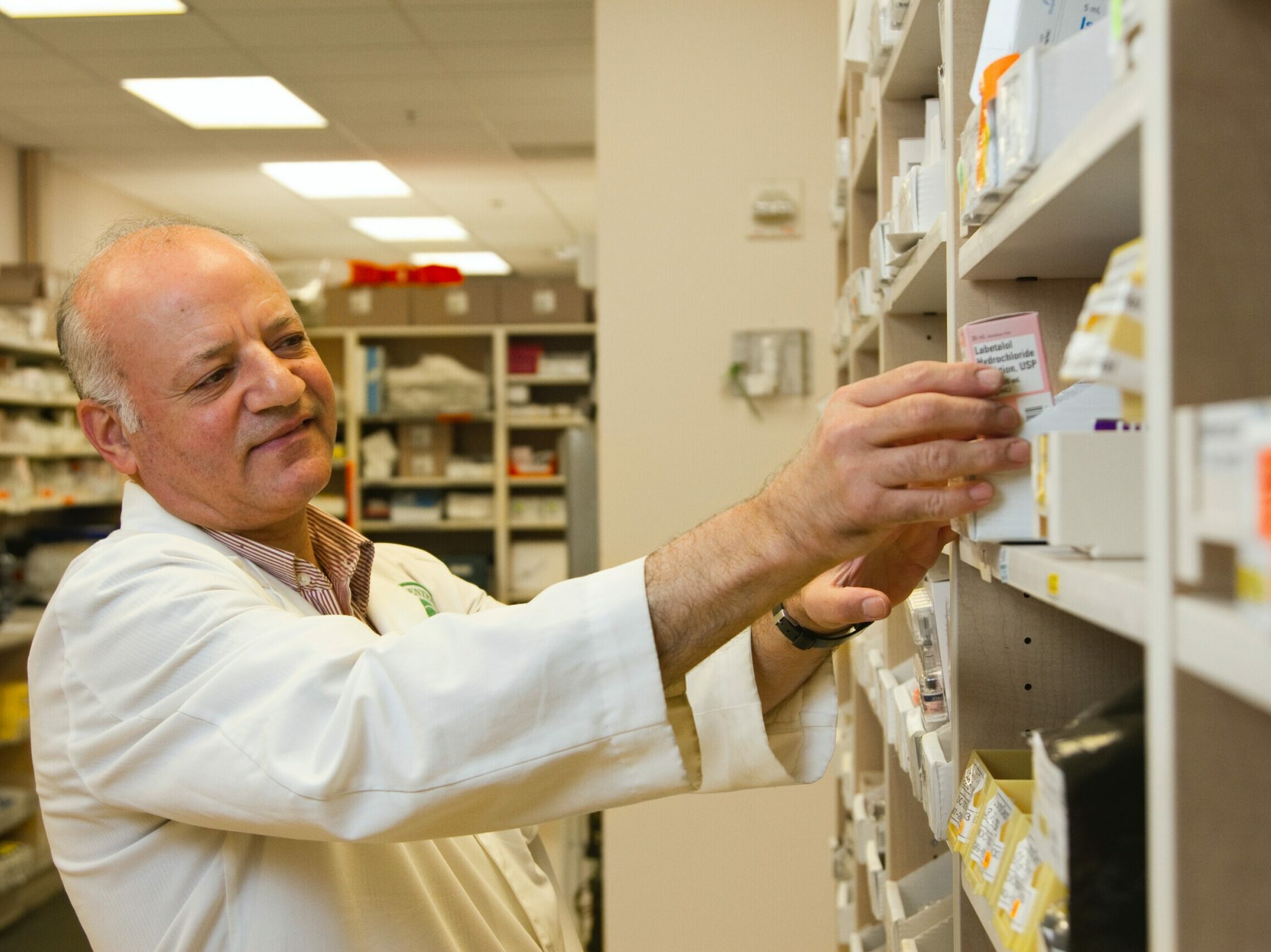Just over a month ago, Governor Larry Hogan delivered his last State of the State address. Now, the legislature is hard at work in Annapolis hearing and crafting legislation to continue moving Maryland forward.
Top of mind for most Maryland residents—and frankly, many people nationwide—is lawmakers’ ability and commitment to strengthening our healthcare industry. For years, people have struggled with confusion and increasing costs, particularly the price of prescription medications. The pandemic only made things worse. Maryland lawmakers were right to seek prescription drug transparency during the 2020 legislative session by passing HB 978. With such a complex prescription drug marketplace, few really understand how prescription medications are priced.
HB 978 sought to provide further transparency in the drug pricing process—and that is a positive step for patients. However, the bill ultimately placed burdensome requirements on PSAOs who do not impact drug prices for patients. Rather, it is PBMs who have a tremendous role in the prescription drug market. While largely unknown, PBMs negotiate where patients can access prescription medications, determine a patient’s out of pocket costs, and control rebates for manufacturers and reimbursements for pharmacies.
Unfortunately, however, HB 978 blurred the lines between PBMs with pharmacy services administrative organizations (PSAOs). Now, the law is inviting burdens on PSAOs, and potentially, the community pharmacies we serve. I am hopeful that lawmakers will improve some of conflicting policies put in place by the previously enacted law by passing HB 973 and SB 823, legislation clarifying the difference between PSAOs and PBMs.
PSAOs are administrative intermediaries that provide centralized contracting and operational services for independent pharmacies. EPIC Pharmacy Network, Inc., (EPN) for example, represents 1,200 pharmacies nationwide, including 134 in the state of Maryland, helping them to navigate the complexities of running a small business within the healthcare industry.
While PSAO services may be largely unfamiliar to general consumers, we are committed to empowering community pharmacists to provide patients with the best care. We take on the administrative tasks, like communicating with PBMs and large health insurers, and compiling reimbursements—a primary revenue source for pharmacies, and help manage back-office tasks so they can remain on the front lines of care. PSAOs do all this while not determining the cost of medications to anyone in the supply chain.
Having worked with community pharmacists for more than 20 years, I have seen firsthand the complexities they face. These small business owners have limited resources and are forced to manage a business, comply with a number of different rules and regulations, and keep track of numerous accreditation and licensure requirements—all on top of dispensing medications and being patients’ most trusted providers.
The breadth of what pharmacies are expected to deal with is truly humbling. To put it into context, PBMs have teams of actuaries and attorneys formulating reimbursement algorithms and contract terms. It is outrageous to expect community pharmacists to navigate these kinds of business complexities on their own without assistance. Unfortunately, that is what will happen if lawmakers do not pass HB 973 and SB 823. PSAOs will be stripped of their ability to assist community pharmacists, and it will undoubtedly have negative consequences on our small pharmacy community. As a result, patients will lose, and our healthcare community will be weaker for it.
There is no doubt that healthcare is complicated—for lawmakers, consumers, and even entities within the supply chain. However, simply clarifying the difference between PSAOs and PBMs will go a long way to help patients get the care they deserve. We hope that the Maryland legislature will pass HB 973 and SB 823.
Note to the editor: Bretta Grinsteinner is the vice president of network development for EPIC Pharmacy Network, Inc., a Virginia-based PSAO.
